Author Merle Haggard
A Working Man Can’t Get Nowhere Today
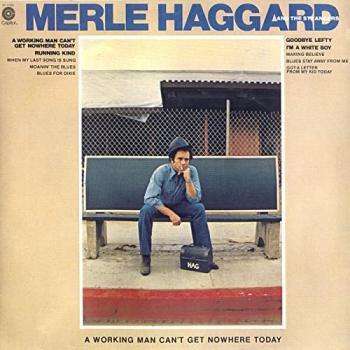
For years, I've been busting my rear to make a living
(Continues)
(Continues)
Contributed by Bernart Bartleby 2020/11/3 - 18:22
Song Itineraries:
The War of Labour: Emigration, Immigration, Exploitation, Slavery
Hippie From New York City
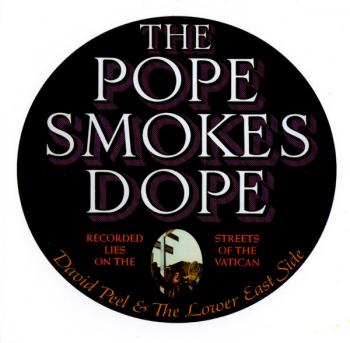
dall'album "The Pope Smokes Dope" del 1972
Come Hippie From Olema, una parodia/risposta (in questo caso nello stile di David Peel sarcastica e estremista) alla canzone Okie from Muskogee, classico country "reazionario" di Merle Haggard. David Peel la cantò anche in televisione, accompagnato dall'amico John Lennon e da Yoko Ono, produttori del suo terzo disco.
Come Hippie From Olema, una parodia/risposta (in questo caso nello stile di David Peel sarcastica e estremista) alla canzone Okie from Muskogee, classico country "reazionario" di Merle Haggard. David Peel la cantò anche in televisione, accompagnato dall'amico John Lennon e da Yoko Ono, produttori del suo terzo disco.
I’m proud to be a New York City hippie
(Continues)
(Continues)
2020/8/22 - 23:05
Life in Prison
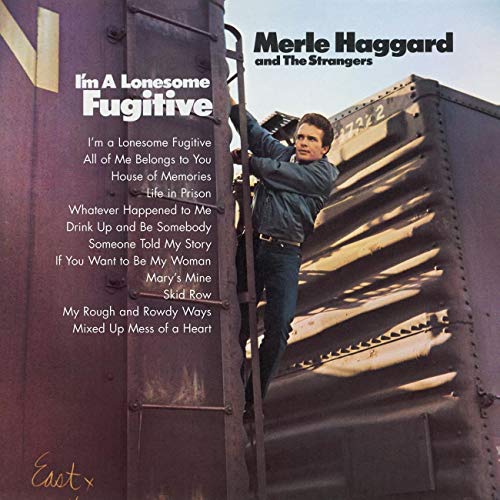
[1967]
Nell'album "I'm A Lonesome Fugitive", di Merle Haggard and The Strangers
Nell'album "I'm A Lonesome Fugitive", di Merle Haggard and The Strangers
The jury found the verdict first degree
(Continues)
(Continues)
Contributed by Bernart Bartleby 2019/6/10 - 20:50
Song Itineraries:
Death penalty: murder by the power, From World Jails
The Immigrant
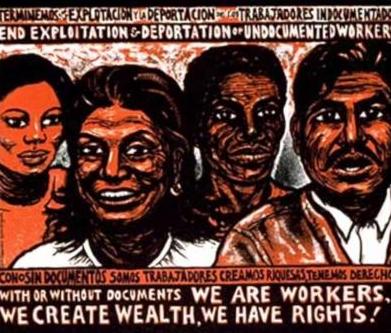
[1978]
Scritta da Merle Haggard e Dave Kirby
Nell’album “I'm Always on a Mountain When I Fall”
Scritta da Merle Haggard e Dave Kirby
Nell’album “I'm Always on a Mountain When I Fall”
American ranching consists of a mansion
(Continues)
(Continues)
Contributed by Bernart Bartleby 2017/11/15 - 12:42
Greek Debt Song
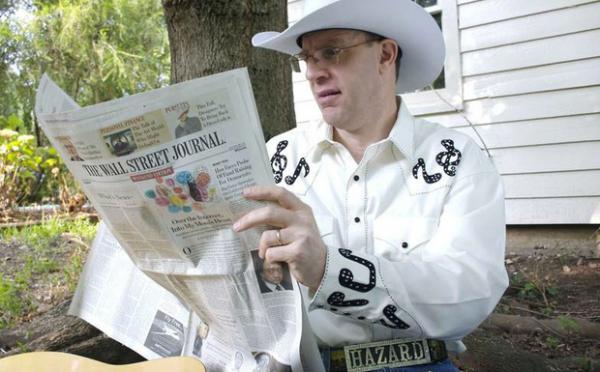
[2010]
Parole di Merle Hazard (nome d’arte ispirato al re della country music Merle Haggard), artista di “economic-satirical-country”, l’unico cantante country che parla di banche centrali, titoli garantiti da ipoteca e leggi del mercato.
Sulla melodia della strafamosa “Τα Παιδιά του Πειραιά” di Manos Hatzidakis / Μάνος Χατζιδάκις, dalla colonna sonora del film “Ποτέ την Κυριακή” (“Jamais le dimanche”, “Never On Sunday”, “Mai di domenica”) diretto nel 1960 da Jules Dassin, regista statunitense stabilitosi in Grecia durante l’esilio impostogli dal maccartismo.
Interpretata da Merle Hazard con la sua band, gli “Economizzin”
Parole di Merle Hazard (nome d’arte ispirato al re della country music Merle Haggard), artista di “economic-satirical-country”, l’unico cantante country che parla di banche centrali, titoli garantiti da ipoteca e leggi del mercato.
Sulla melodia della strafamosa “Τα Παιδιά του Πειραιά” di Manos Hatzidakis / Μάνος Χατζιδάκις, dalla colonna sonora del film “Ποτέ την Κυριακή” (“Jamais le dimanche”, “Never On Sunday”, “Mai di domenica”) diretto nel 1960 da Jules Dassin, regista statunitense stabilitosi in Grecia durante l’esilio impostogli dal maccartismo.
Interpretata da Merle Hazard con la sua band, gli “Economizzin”
Oh, yes, the Greeks gave us Pythagoras, and Euclid, and Plato, and other wondrous stuff
(Continues)
(Continues)
Contributed by Bernart Bartleby 2015/7/9 - 13:50
If We Make It Through December
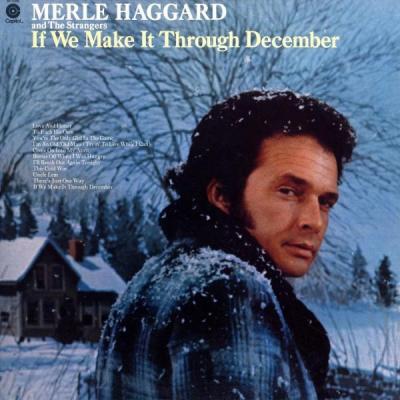
1974
If we make it through December
(Continues)
(Continues)
Contributed by John Doe 2014/11/12 - 19:27
Song Itineraries:
The War of Labour: Emigration, Immigration, Exploitation, Slavery
Hungry Eyes

A crowded canvas cabin in a crowded labor camp
(Continues)
(Continues)
Contributed by John Doe 2014/11/11 - 02:43
Song Itineraries:
The War of Labour: Emigration, Immigration, Exploitation, Slavery
Workin' Man Blues
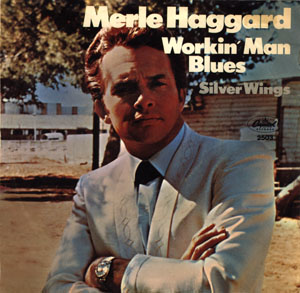
(1969)
Workin' Man Blues" is an American country music song performed by its writer, Merle Haggard. Released in 1969, the song was released during his early peak and became one of several signature songs during his career.
"Workin' Man Blues" is Haggard's tribute to a core group of his fans: The American blue-collared working man. Backed by a strong electric guitar beat that typified Haggard's signature Bakersfield Sound, he fills the role of one of those workers expressing pride in values such as hard work and sacrifice, despite the resulting fatigue and the stress of raising a large family. He admits to relaxing during the off-working hours ("I drink my beer in a tavern, sing a little of these workin' man's blues.") and vows that as a result of keeping his values, he will never need to go on welfare ("... cause I'll be working, long as my two hands are fit to use.").
"Workin' Man Blues"... (Continues)
Workin' Man Blues" is an American country music song performed by its writer, Merle Haggard. Released in 1969, the song was released during his early peak and became one of several signature songs during his career.
"Workin' Man Blues" is Haggard's tribute to a core group of his fans: The American blue-collared working man. Backed by a strong electric guitar beat that typified Haggard's signature Bakersfield Sound, he fills the role of one of those workers expressing pride in values such as hard work and sacrifice, despite the resulting fatigue and the stress of raising a large family. He admits to relaxing during the off-working hours ("I drink my beer in a tavern, sing a little of these workin' man's blues.") and vows that as a result of keeping his values, he will never need to go on welfare ("... cause I'll be working, long as my two hands are fit to use.").
"Workin' Man Blues"... (Continues)
It's a big job just gettin' by with nine kids and a wife
(Continues)
(Continues)
Contributed by DoNQuijote82 2012/10/31 - 11:03
Song Itineraries:
The War of Labour: Emigration, Immigration, Exploitation, Slavery
Sing Me Back Home
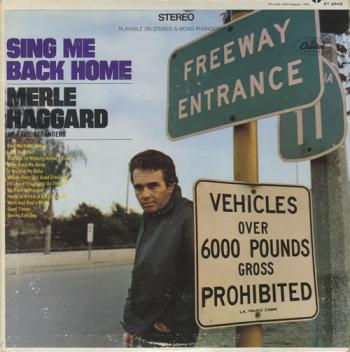
[1967]
Album “Sing Me Back Home”
“La scena canonica dell’ultima passeggiata – il dead man walking – è, come in Green, Green Grass of Home, l’argomento di “Sing Me Back Home”. Merle Haggard introduce però un elemento che altre canzoni trascurano: sebbene avvenga dentro la prigione, anche l’ultima passeggiata è a suo modo un rituale pubblico, perché avviene sotto gli occhi degli altri carcerati, e lo sguardo del narratore non è quello del condannato ma quello dello spettatore – “La guardia condusse un prigioniero lungo il corridoio verso il suo destino, mi alzai come tutti gli altri per dirgli arrivederci…”. L’ultimo desiderio del condannato è questa volta una canzone:
(Alessandro Portelli, da “Note Americane. Musica e culture negli Stati Uniti”, Shake/Acoma edizioni, 2011)
Album “Sing Me Back Home”
“La scena canonica dell’ultima passeggiata – il dead man walking – è, come in Green, Green Grass of Home, l’argomento di “Sing Me Back Home”. Merle Haggard introduce però un elemento che altre canzoni trascurano: sebbene avvenga dentro la prigione, anche l’ultima passeggiata è a suo modo un rituale pubblico, perché avviene sotto gli occhi degli altri carcerati, e lo sguardo del narratore non è quello del condannato ma quello dello spettatore – “La guardia condusse un prigioniero lungo il corridoio verso il suo destino, mi alzai come tutti gli altri per dirgli arrivederci…”. L’ultimo desiderio del condannato è questa volta una canzone:
“… Dì al mio amico con la chitarra di cantarmi un pezzo a richiesta:
riportami a casa con una canzone
fai tornare in vita i miei ricordi
portami via e riporta indietro il tempo
Portami a casa con una canzone prima di morire.”
riportami a casa con una canzone
fai tornare in vita i miei ricordi
portami via e riporta indietro il tempo
Portami a casa con una canzone prima di morire.”
(Alessandro Portelli, da “Note Americane. Musica e culture negli Stati Uniti”, Shake/Acoma edizioni, 2011)
The warden led a prisoner down the hallway to his doom
(Continues)
(Continues)
Contributed by Dead End 2012/9/24 - 10:31
Song Itineraries:
Death penalty: murder by the power
Hippie From Olema
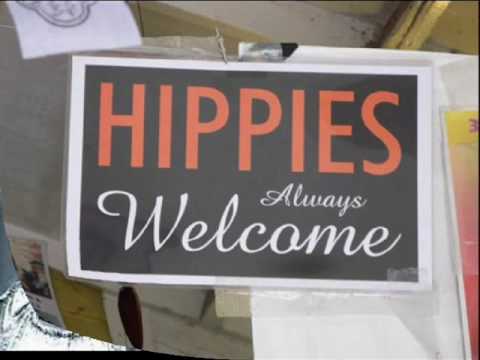
[1971]
Nell’album “Good and Dusty”
Scritta da Jesse Colin Young, leader di questa band folk rock del Greenwich Village, come risposta satirica alla superconservatrice e iperpatriottica “Okie from Muskogee” (scritta nel 1960 ma incisa solo nel 1969) del songwriter country Merle Haggard che all’epoca, forse per riaccreditarsi al pubblico dopo un non breve periodo trascorso in galera (fu indultato solo nel 1972 da Ronald Reagan, allora governatore della California), s’indignava per le proteste dei giovani cappelloni contro la guerra in Vietnam.
Gli Youngbloods gli risposero “per le rime”, citandolo direttamente nell’ultima strofa: “haggard” infatti è un aggettivo che significa “sfatto”, “sbattuto”… “A Olema noi fricchettoni accogliamo senza problemi gli stranieri anche se sono Haggard” …
Olema è una cittadina della California, mentre il titolo della canzone di Haggard fa riferimento al motto della cittadina di Muskogee in Oklahoma, “We're Proud to be Okies from Muskogee”.
Nell’album “Good and Dusty”
Scritta da Jesse Colin Young, leader di questa band folk rock del Greenwich Village, come risposta satirica alla superconservatrice e iperpatriottica “Okie from Muskogee” (scritta nel 1960 ma incisa solo nel 1969) del songwriter country Merle Haggard che all’epoca, forse per riaccreditarsi al pubblico dopo un non breve periodo trascorso in galera (fu indultato solo nel 1972 da Ronald Reagan, allora governatore della California), s’indignava per le proteste dei giovani cappelloni contro la guerra in Vietnam.
Gli Youngbloods gli risposero “per le rime”, citandolo direttamente nell’ultima strofa: “haggard” infatti è un aggettivo che significa “sfatto”, “sbattuto”… “A Olema noi fricchettoni accogliamo senza problemi gli stranieri anche se sono Haggard” …
Olema è una cittadina della California, mentre il titolo della canzone di Haggard fa riferimento al motto della cittadina di Muskogee in Oklahoma, “We're Proud to be Okies from Muskogee”.
Well I’m proud to be a hippie from Olema
(Continues)
(Continues)
Contributed by Bartleby 2011/9/16 - 14:43
The Fugitive
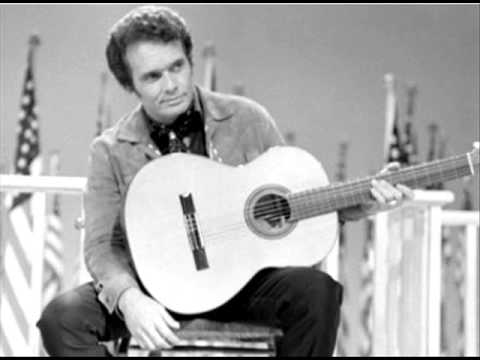
(1966)
written by Liz Anderson and Casey Anderson
written by Liz Anderson and Casey Anderson
Down every road there's always one more city
(Continues)
(Continues)
Contributed by Anonymous 2011/4/15 - 04:52
Green, Green Grass of Home
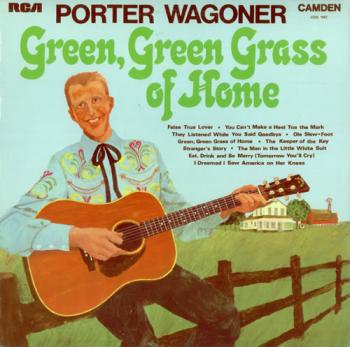
[1964]
Album “Live on the Road” (1966)
Il più grande successo del songwriter di Nashville Claude "Curly" Putman Jr. e una delle più belle interpretazioni di Porter Wagoner, “il tipo smilzo dalle pianure dell'ovest", uno dei giganti della country music.
La canzone fu in seguito proposta da moltissimi artisti tra cui Joan Baez, Elvis Presley, Johnny Darrell, Gram Parsons, Jerry Lee Lewis, Johnny Cash, Merle Haggard, Bobby Bare, Joe Tex e Tom Jones.
Un uomo ritorna alla sua casa d’infanzia, che ha lasciato molto tempo prima. I suoi familiari sono lì ad accoglierlo. Anche la sua amata Mary gli corre incontro sorridente ad abbracciarlo. Tutto sprigiona amore e pace. L’uomo rivede i luoghi e le cose a lui care, come il vecchio albero dove era solito arrampicarsi… Com’è bello accarezzare la verde, verde erba di casa.
Improvvisamente l’uomo si sveglia. Era un sogno. Non è tra i suoi cari, a... (Continues)
Album “Live on the Road” (1966)
Il più grande successo del songwriter di Nashville Claude "Curly" Putman Jr. e una delle più belle interpretazioni di Porter Wagoner, “il tipo smilzo dalle pianure dell'ovest", uno dei giganti della country music.
La canzone fu in seguito proposta da moltissimi artisti tra cui Joan Baez, Elvis Presley, Johnny Darrell, Gram Parsons, Jerry Lee Lewis, Johnny Cash, Merle Haggard, Bobby Bare, Joe Tex e Tom Jones.
Un uomo ritorna alla sua casa d’infanzia, che ha lasciato molto tempo prima. I suoi familiari sono lì ad accoglierlo. Anche la sua amata Mary gli corre incontro sorridente ad abbracciarlo. Tutto sprigiona amore e pace. L’uomo rivede i luoghi e le cose a lui care, come il vecchio albero dove era solito arrampicarsi… Com’è bello accarezzare la verde, verde erba di casa.
Improvvisamente l’uomo si sveglia. Era un sogno. Non è tra i suoi cari, a... (Continues)
The old home town looks the same
(Continues)
(Continues)
Contributed by The Lone Ranger 2010/5/4 - 11:15
Song Itineraries:
Death penalty: murder by the power, From World Jails
America First
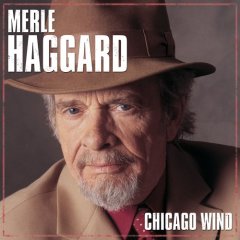
Da/From: "Chicago Wind"
Why don't we liberate these United States
(Continues)
(Continues)
Contributed by daniela -k.d.- 2007/12/6 - 20:27
Where's All the Freedom

Da/From: "Chicago Wind"
Where's all the freedom that we're fightin' for
(Continues)
(Continues)
Contributed by daniela -k.d.- 2007/12/3 - 00:50
×
![]()

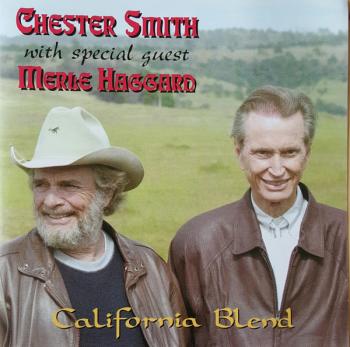

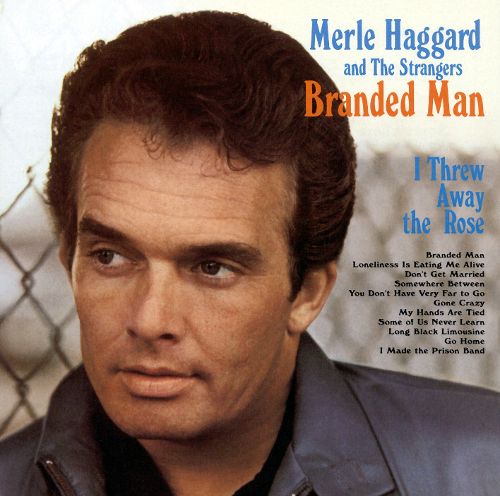
E' una appassionata preghiera a Dio che illumini gli uomini a fermarsi sulla soglia della guerra.
Mi pare molto adatta ai tempi che stimo vivendo.
Non riesco a trovare il testo della canzone, per cui questo è un mio misero tentativo di trascrizione. Un po' perché il mio inglese è arrugginito, un po' per l'accento del Sud, in po' per la voce profondissima e appassionata, ci sono diversi punti che non riesco a capire: le parti per me più incomprensibili sono fra parentesi, ma anche nelle altre ci sono probabilmente errori e sarò grato a chi vorrà/potrà completarlo... (Continues)